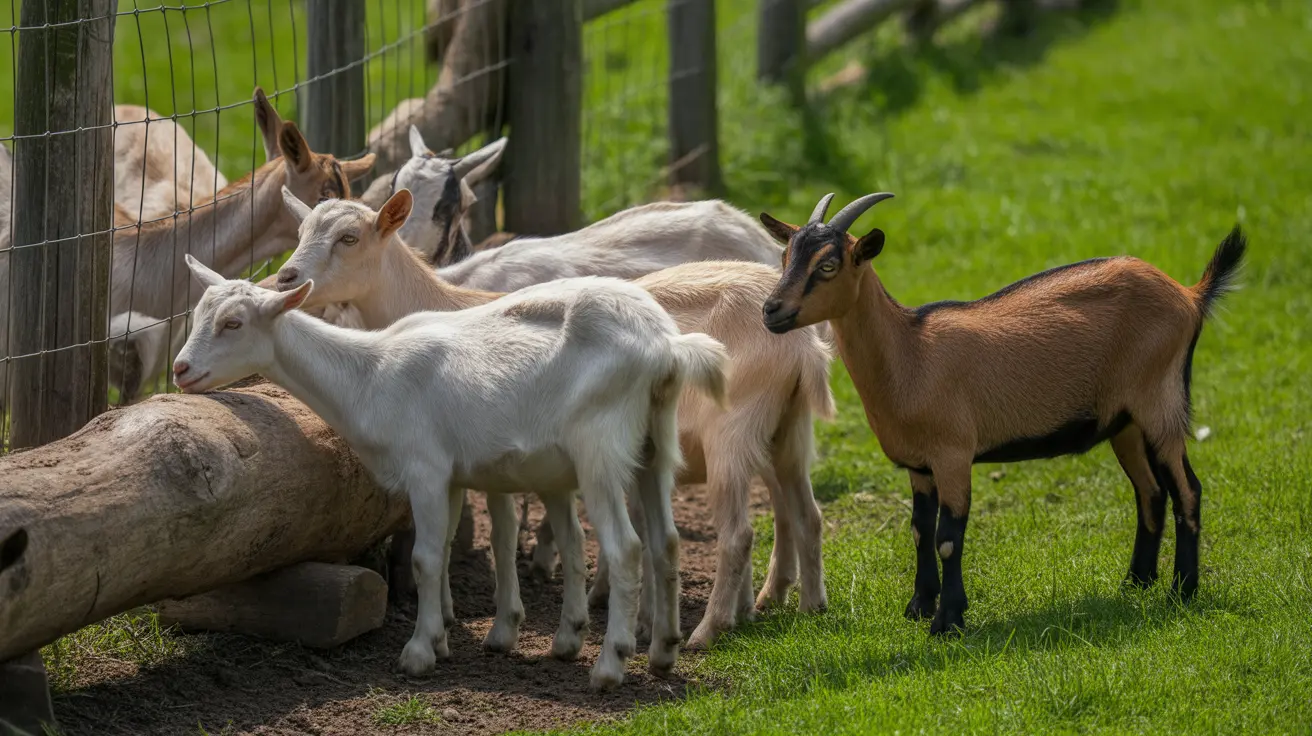Why Dogs Are Attracted to Pistachios and Whether They're Safe
Many dog owners notice their furry companions showing keen interest when they open a bag of pistachios. The appealing scent and crunchy texture may lead dogs to beg or snatch these nuts. But while dogs may be tempted to eat pistachios, it's essential to understand both the reasons behind their interest and the potential health risks associated with feeding these nuts to pets.
Why Do Dogs Like Pistachios?
Dogs have an acute sense of smell and are often drawn to strong, savory scents. Pistachios exude a rich, nutty aroma with a slightly sweet undertone that can attract a dog's attention. Moreover, the crunchy texture mimics that of some dog treats, which could lead dogs to find pistachios enjoyable to chew. Additionally, dogs are naturally curious and may be motivated by what their humans are eating.
Nutritional Profile of Pistachios
Pistachios contain a variety of nutrients that are healthy for humans, including:
- Protein
- Fiber
- Vitamin B6
- Thiamine
- Phosphorus
- Potassium
- Copper
- Manganese
However, despite these benefits for humans, dogs have different dietary needs, and many components in nuts are not easily digested by canine digestive systems.
Health Risks of Pistachios for Dogs
Feeding pistachios to dogs can lead to a range of health issues, especially when consumed in large amounts or regularly:
- High Fat Content: Pistachios are fat-dense, potentially causing gastrointestinal issues, pancreatitis, and obesity.
- Choking and Blockage: Pistachio shells are hard to digest and can cause intestinal blockages, especially in small dogs.
- Mold and Aflatoxin: Improperly stored pistachios may grow mold, producing aflatoxins that are highly toxic to dogs.
- Salt and Seasonings: Commercial salted or flavored pistachios can harm dogs, leading to dehydration, kidney stress, or gastrointestinal upset.
- Allergic Reactions: Pistachios contain urushiol, a compound also found in poison ivy, which may cause irritation around a dog's mouth or face.
What Happens If a Dog Eats Pistachios?
Most healthy dogs that ingest a small number of unsalted, shelled pistachios may not experience serious issues beyond mild digestive discomfort. However, some dogs are at higher risk:
- Small breeds and puppies – more prone to choking or blockages
- Dogs with pancreatitis – should avoid high-fat foods entirely
- Sick or elderly dogs – may have compromised digestion or lower immune resilience
Signs of a problem may include:
- Vomiting or diarrhea
- Loss of appetite
- Lethargy or abdominal discomfort
- Seizures (in rare cases)
- Jaundice or orange-colored urine (possible aflatoxin poisoning)
If any of these symptoms occur after your pet eats pistachios, contact a veterinarian immediately.
Best Practices If You're Offering Pistachios
To safely offer pistachios to your pet as a rare treat, follow these precautions:
- Only use plain, unsalted, and shelled pistachios
- Offer a very small quantity (1 for small dogs, a few for large breeds)
- Never give flavored, moldy, or old nuts
- Do not make nuts a regular part of your dog's diet
Safer Alternatives to Pistachios
If you want to give your dog occasional snacks, consider these dog-safe and healthy treats:
- Carrot sticks
- Apple slices (without seeds)
- Green beans
- Small pieces of cooked, unseasoned chicken
These foods offer texture and nutrients without the risks associated with nuts.
Nuts to Always Avoid
Some nuts are toxic or too rich for dogs. Avoid giving your pet the following:
- Macadamia nuts – toxic to dogs
- Black walnuts – can cause seizures
- Pecans – can cause digestive distress and contain mold toxins
Peanuts and cashews are generally safer when given in moderation and without salt or seasonings.
Conclusion: Should Dogs Eat Pistachios?
While dogs may show interest in pistachios, it's best to limit or avoid offering them. The high fat content, choking hazards, and risk of aflatoxin poisoning outweigh potential nutritional benefits. Stick to dog-approved snacks and consult a veterinarian before introducing any new human food into your dog's diet.





